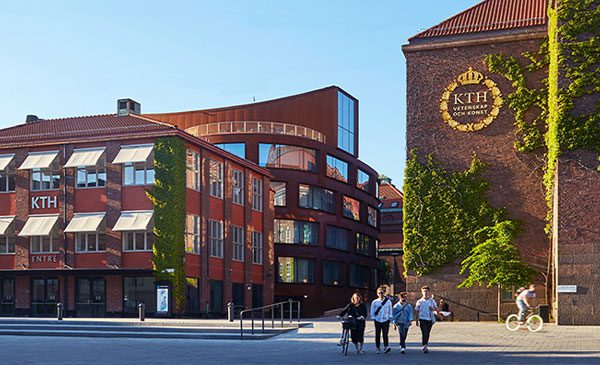TH Royal Institute of Technology is hiring a doctoral student to work on mathematical and large-scale simulation models of cortical memory function. The project sits at the intersection of computation and experiment, and includes close collaboration with the International Research Centre for Neuro intelligence at the University of Tokyo with the possibility of spending up to a year there. KTH
Who can apply
- Candidates with a completed second-cycle degree (Master’s) or equivalent (240 ECTS with ≥60 ECTS on the second cycle) in computer science, engineering, physics/math, cognitive science or a closely related field.
- Applicants must meet the mandatory English requirement (equivalent to English B/6).
- Interest in cognitive neuroscience and ability to work with computational neural-network models (spiking or non-spiking) are strongly valued.
Requirements (what to include in your application)
Applicants must apply through KTH’s recruitment system and include:
- CV (education, research experience).
- Application letter (max 2 pages) describing research interests and motivation.
- Copies of diplomas and transcripts (certified), with translations to English/Swedish if originals are in another language.
- Proof of language requirements.
- Representative publications or technical reports (with summaries/links for long documents).
Applications must be complete and submitted by the closing date (see below).
Key facts (quick table)
| Item | Details |
|---|---|
| Position | Doctoral student in computational cognitive neuroscience |
| School | School of Electrical Engineering and Computer Science, KTH |
| Type | Temporary, Full-time (100%) |
| Location | Stockholm, Sweden |
| Salary | Monthly salary according to KTH’s doctoral student salary agreement |
| Number of positions | 1 |
| Reference | PA-2025-2653 |
| Published | 4 Sep 2025 |
| Last application date | 24 Oct 2025 (midnight CET/CEST) |
| Contact | Associate Professor Pawel Herman — paherman@kth.se |
What it offers
- A dynamic international research environment and collaboration with leading universities and industry partners.
- A workplace with employee benefits and monthly salary according to KTH’s doctoral student salary agreement.
- Support for relocation and settling in Sweden, plus a research stay (up to ~1 year) at the University of Tokyo’s International Research Centre for Neurointelligence.
- Strong supervision (Assistant Professor Pawel Herman) and opportunity to publish scientific papers in English.
How to apply
Apply via KTH’s recruitment system (make sure your application package is complete and uploaded before the deadline). Applications are handled and assessed according to KTH procedures note that only those admitted to postgraduate education may be employed as doctoral students.

